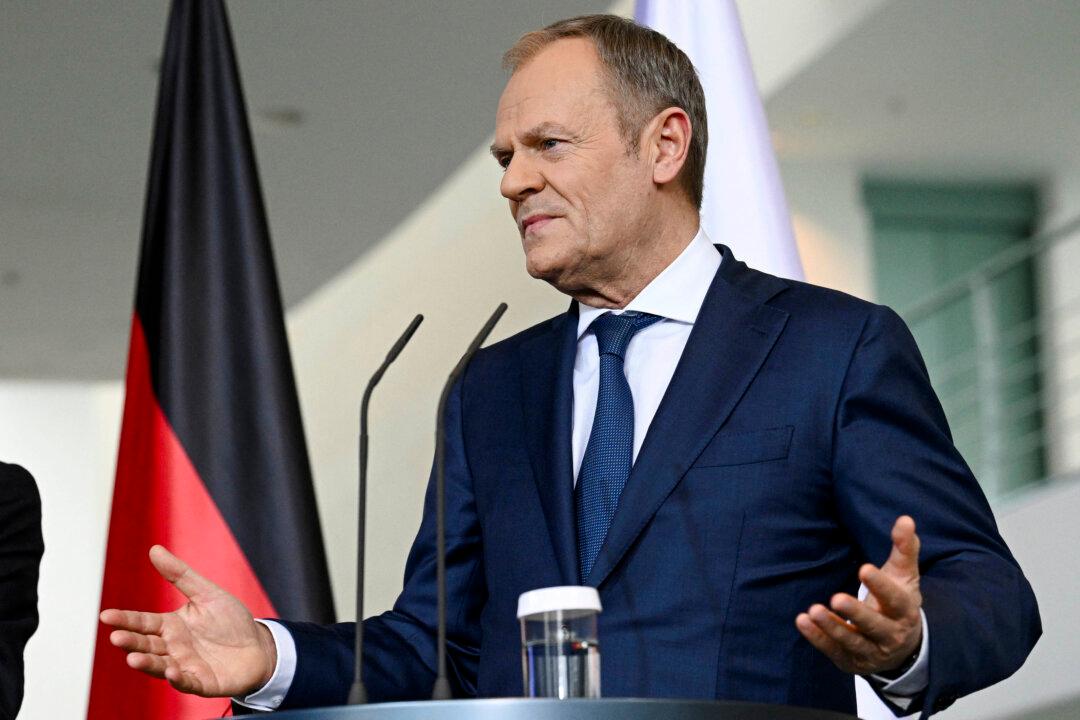Polish Prime Minister Donald Tusk has said that Europe should welcome U.S. President Donald Trump’s call for NATO members to increase their military spending rather than reject it.
“We shouldn’t be irritated. We shouldn’t be appalled,” Tusk told members of the European Parliament in Brussels on Jan. 22.





